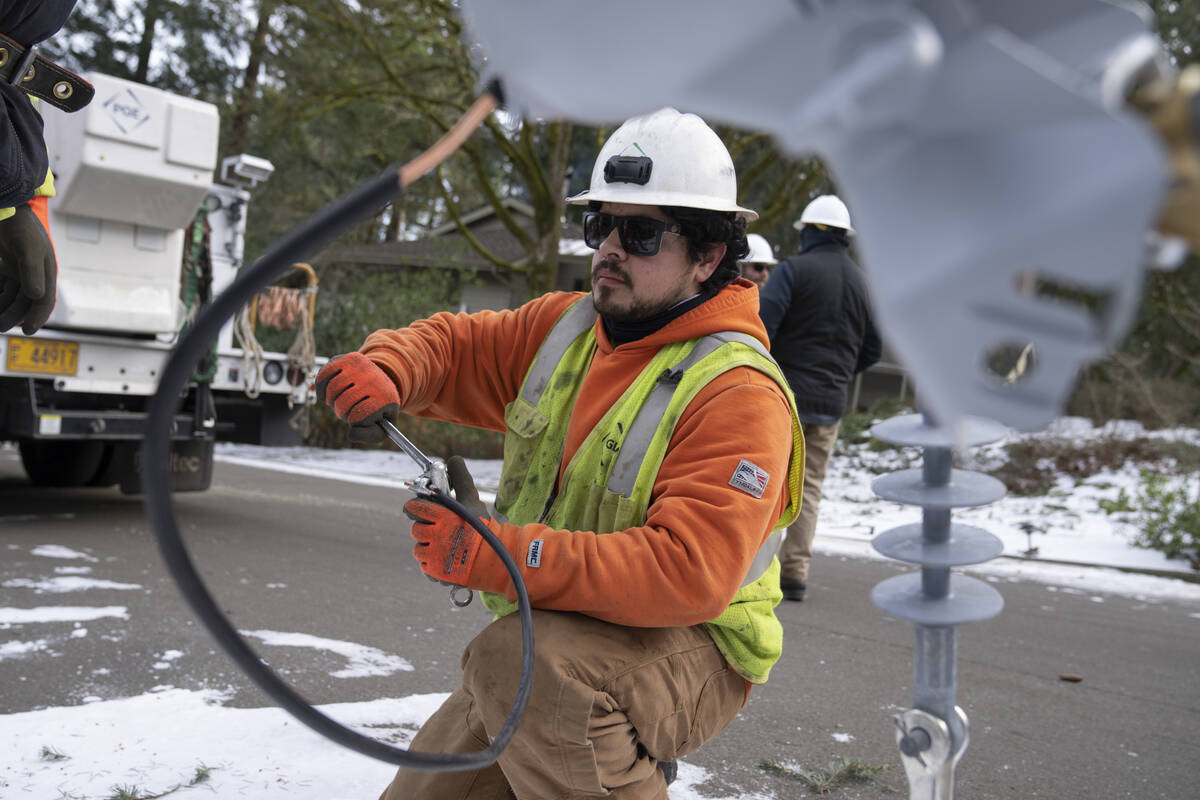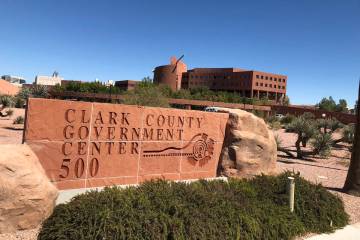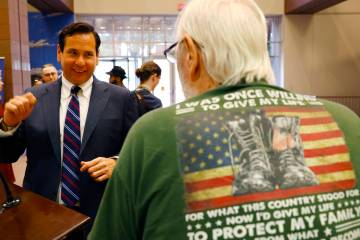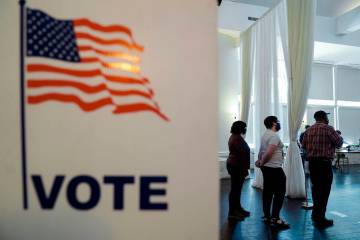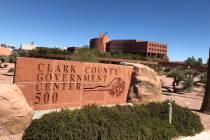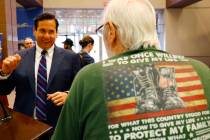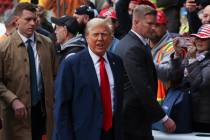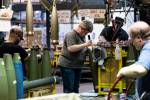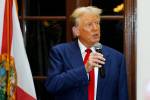353K jobs added in January in further sign of US economic strength
WASHINGTON — The nation’s employers delivered a stunning burst of hiring to begin 2024, adding 353,000 jobs in January in the latest sign of the economy’s continuing ability to shrug off the highest interest rates in two decades.
Friday’s report from the Labor Department showed that last month’s job gain topped the 333,000 that were added in December, a figure that was itself revised sharply higher. The unemployment rate stayed at 3.7%, just above a half-century low.
The latest gains far exceeded expectations and showcased employers’ willingness to keep hiring to meet steady consumer spending. It comes as the intensifying presidential campaign is pivoting in no small part on views of President Joe Biden’s economic stewardship. Public polls show widespread dissatisfaction largely because even though inflation has sharply slowed, most prices remain well above pre-pandemic levels. Some recent surveys, though, show public approval gradually improving.
This week, the Federal Reserve took note of the economy’s durability, with Chair Jerome Powell saying “the economy is performing well, the labor market remains strong.” The Fed made clear that while it’s nearing a long-awaited shift toward cutting interest rates, it’s in no hurry to do so.
To fight inflation, the Fed raised its benchmark rate 11 times beginning in March 2022. The higher borrowing costs were widely expected to boost unemployment and likely cause a recession. Yet the economy has managed to produce enough job growth to avoid a recession without accelerating inflation pressures. Inflation cooled throughout 2023, making it likelier that the Fed would achieve a “soft landing” — taming inflation without derailing the economy.
A series of high-profile layoff announcements, from the likes of UPS, Google and Amazon, have raised some concerns about whether they might herald the start of a wave of job cuts. Yet measured against the nation’s vast labor force, the recent layoffs haven’t been significant enough to make a dent in the overall job market. Historically speaking, layoffs are still relatively low, hiring is still solid and the unemployment rate is still consistent with a healthy economy.
Consumers as a whole have proved more resilient than expected in the face of the Fed’s rate hikes. Having socked away savings during the pandemic, most were willing to spend it as the economy reopened. And a wave of early retirements, some of them related to COVID-19, limited the number of people available for work and contributed to a tight labor market.
The gradual improvement in public confidence has emerged in a series of recent surveys. A measure of consumer sentiment by the University of Michigan has jumped in the past two months by the most since 1991. A survey by the Federal Reserve Bank of New York found that Americans’ inflation expectations have reached their lowest point in nearly three years. And a new poll from The Associated Press-NORC Center for Public Affairs Research found that 35% of U.S. adults call the national economy good, up from 30% who said so late last year.
The rate at which Americans are quitting their jobs, considered a reliable predictor of wage trends, has slowed to pre-pandemic levels. That suggests that workers have grown somewhat less confident of finding a better job elsewhere. Employers, as a result, may be less likely to feel pressure to raise wages to keep them —and to increase their prices to make up for their higher labor costs. That cycle can perpetuate inflation.



